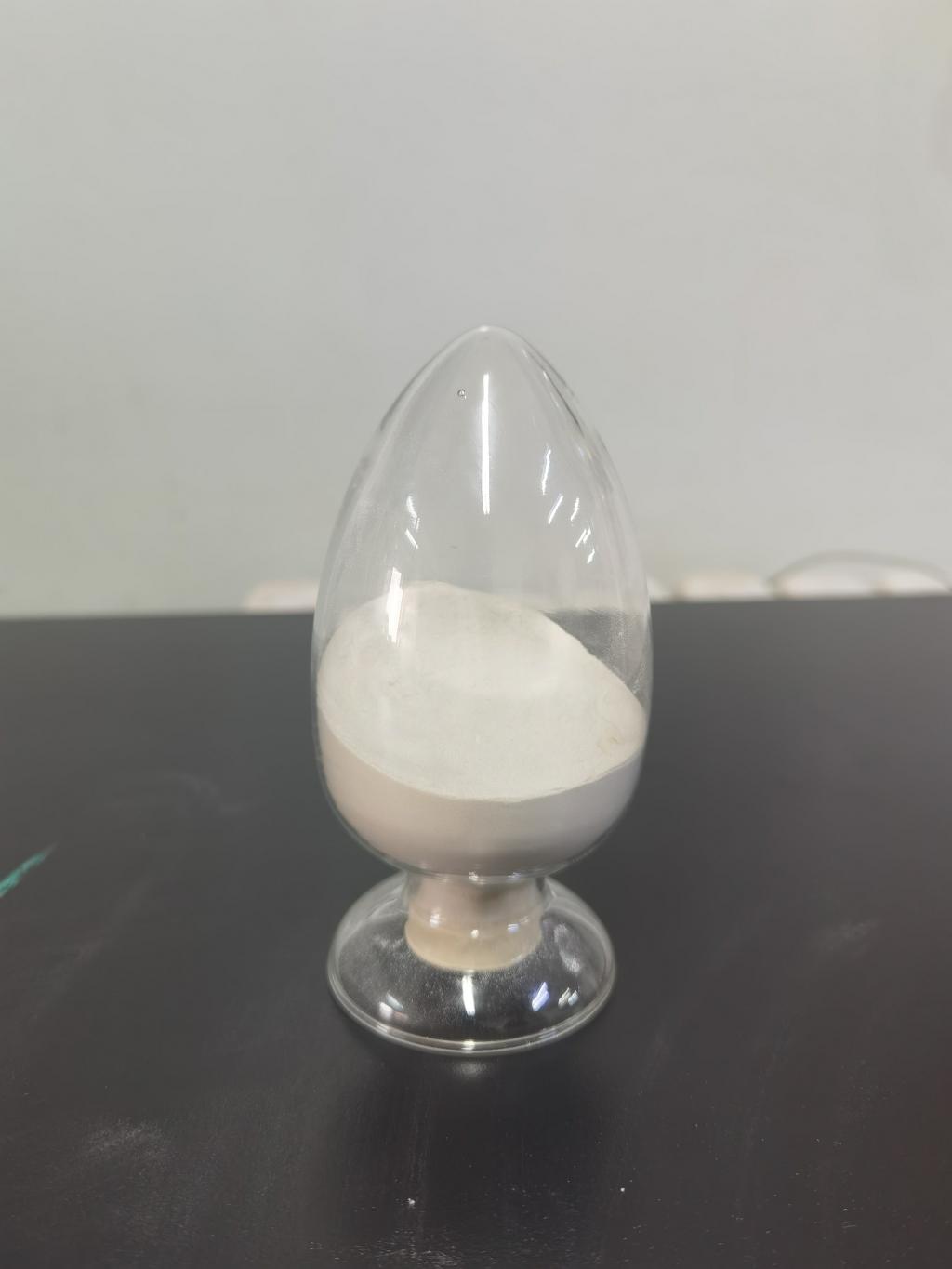Tel:+8618231198596

News
 CONTACT
CONTACT
 CONTACT
CONTACT
- Linkman:Linda Yao
- Tel: +8618231198596
- Email:linda.yao@dcpharma.cn
- Linkman:CHARLES.WANG
- Department:Overseas
- Tel: 0086 0311-85537378 0086 0311-85539701
News
Nisin's Impact on Gut Health and Microbiota.
TIME:2023-09-05
Introduction:
The gut microbiota, comprising trillions of microorganisms residing in the gastrointestinal tract, plays a central role in human health. These microorganisms significantly impact processes such as digestion, nutrient absorption, immune function, and even mental well-being. Maintaining a balanced gut microbiome is crucial for overall health, as disruptions in its composition can lead to a variety of health issues.
Nisin, initially known for its capacity to inhibit the growth of pathogenic bacteria in food, has recently been explored for its potential to promote gut health and modulate the gut microbiota. In this article, we delve into the influence of nisin on gut health and microbiota composition, as well as discuss its potential therapeutic implications.
Nisin's Mechanism of Action in the Gut:
Nisin's well-documented antimicrobial properties primarily revolve around its ability to disrupt bacterial cell membranes. Within the gut, nisin can target a broad spectrum of bacteria, including some pathogenic strains. This property positions nisin as a promising candidate for influencing the gut microbiota.
Influence on Gut Microbiota Composition:
Recent research has shed light on how nisin affects the composition of the gut microbiota:
Reduction of Harmful Bacteria: Nisin has demonstrated the capability to selectively target and reduce the populations of harmful bacteria in the gut, such as Clostridium difficile and Enterococcus faecalis. This reduction can contribute to a healthier gut environment and lower the risk of infections and digestive disorders.
Preservation of Beneficial Bacteria: Unlike some broad-spectrum antibiotics, nisin appears to have minimal impact on beneficial gut bacteria. This selectivity is essential for maintaining a balanced microbiota and preventing dysbiosis, a condition associated with various health problems.
Modulation of Microbial Diversity: Nisin's effects on gut microbiota diversity remain an active area of research. Some studies suggest that it may help promote a diverse and stable microbial community, which is linked to better gut health.
Potential Therapeutic Applications:
The potential therapeutic applications of nisin in promoting gut health and microbiota modulation are promising:
Management of Gut Infections: Nisin's ability to target harmful bacteria positions it as a potential tool for managing gut infections, including those caused by antibiotic-resistant strains.
Gut Health Supplements: Nisin may find its way into dietary supplements designed to support gut health and maintain a balanced microbiome. These supplements could be particularly beneficial for individuals with digestive disorders or those at risk of dysbiosis.
Prebiotic and Probiotic Synergy: Combining nisin with prebiotics and probiotics may enhance their effectiveness in promoting a healthy gut. Nisin can create a favorable environment for beneficial microorganisms to flourish.
Safety Considerations:
While nisin holds promise as a gut health modulator, safety considerations must be carefully addressed:
Dose and Duration: Determining the optimal dosage and duration of nisin supplementation is critical to avoid potential side effects or disruptions in the gut microbiota.
Allergic Reactions: Although nisin is generally considered safe, isolated cases of allergic reactions have been reported. Vigilance is essential to monitor for allergic responses in individuals receiving nisin-based treatments.
Resistance Development: As with any antimicrobial agent, concerns about bacterial resistance development in response to nisin exposure exist. Ongoing research should focus on strategies to mitigate this risk.
Conclusion:
Nisin, a naturally occurring antimicrobial peptide, has emerged as a potential modulator of gut health and microbiota composition. Its selective targeting of harmful bacteria while sparing beneficial microorganisms makes it an appealing candidate for therapeutic applications in the realm of gastroenterology. However, further research is necessary to comprehensively understand nisin's mechanisms of action, establish optimal dosing regimens, and evaluate its long-term effects on gut health. As the scientific community delves deeper into the intricate relationship between nisin and the gut microbiota, we may uncover new avenues for enhancing digestive health and overall well-being.
- Tel:+8618231198596
- Whatsapp:18231198596
- Chat With Skype







